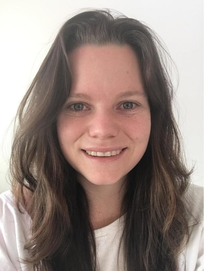
A challenging task – bridging the gap between the qualitative and quantitative disciplines. I’m Nicole van den Berg, and since the 1st of February, I have been doing my PhD at the UU researching how sustainable behaviour can be better represented in Integrated Assessment Models (IAMs). With the help of my co-promoter dr. Vanessa Timmer, a visiting research fellow at UU and CEO of a non-profit ‘think and do’ tank in Vancouver, I will investigate the sustainable lifestyles field and the social sciences perspective, and how this can be quantified and integrated into IAMs. With the help of prof. dr. Detlef van Vuuren, my promoter at UU and an expert in IAMs, I will analyse to what extent lifestyle change can influence transition pathways in line with the in Paris agreed upon long-term climate objective of limiting global mean temperature increase to 2°C. Furthermore, dr. Lewis Akenji from IGES, a think tank in Japan, is also part of the project, and will be sharing his expertise on sustainable consumption.
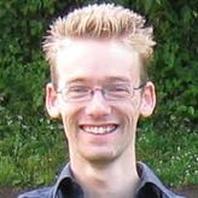
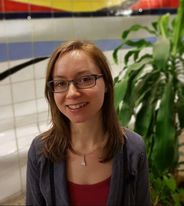
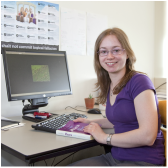

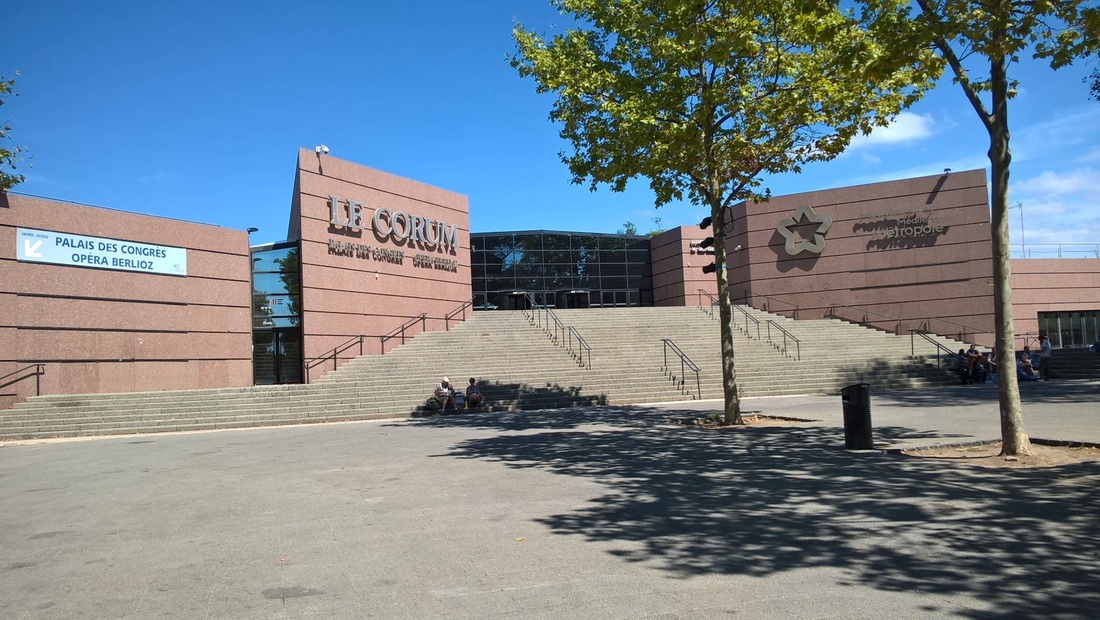
 RSS Feed
RSS Feed
